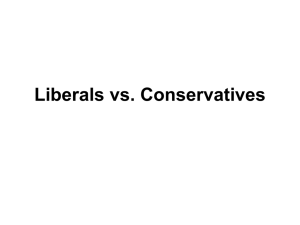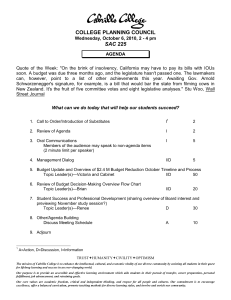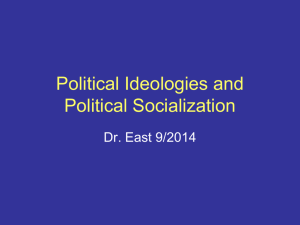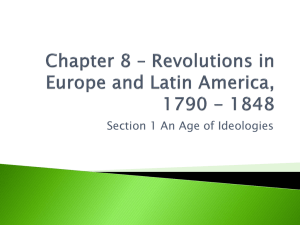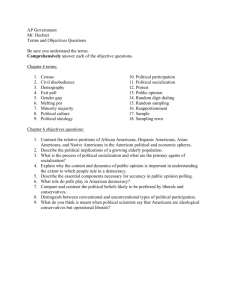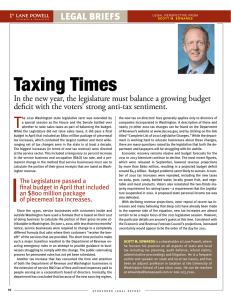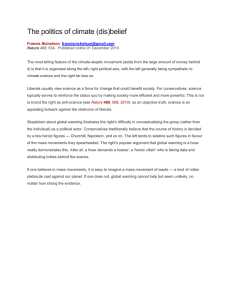Using the ballot initiative as a conservative political tool
advertisement
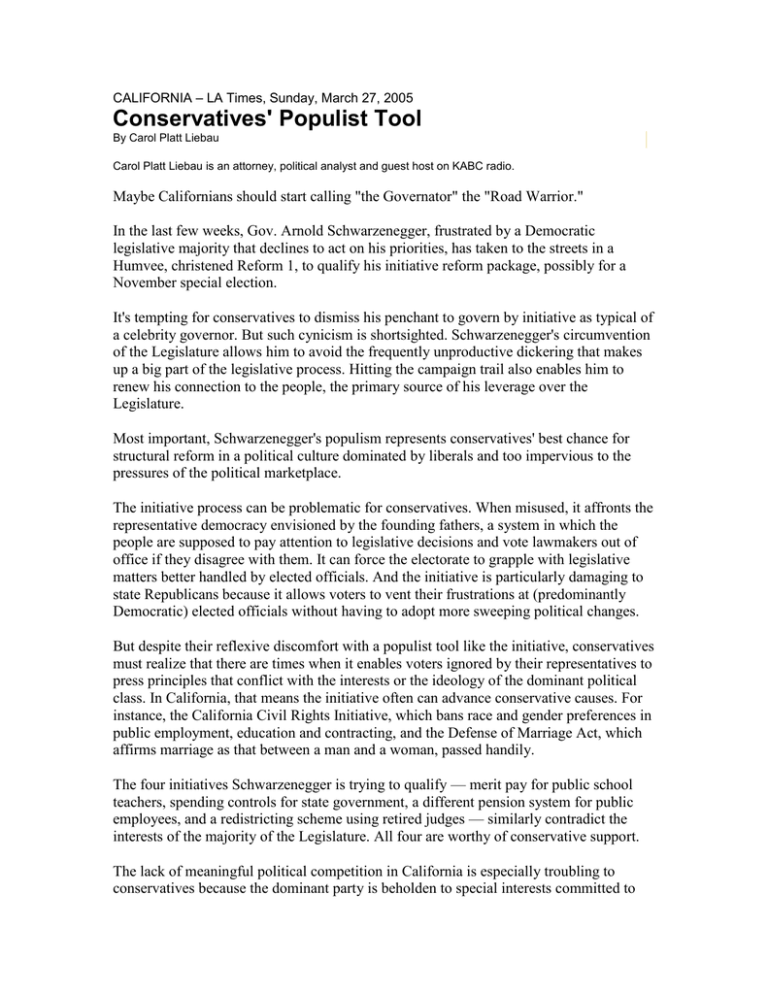
CALIFORNIA – LA Times, Sunday, March 27, 2005 Conservatives' Populist Tool By Carol Platt Liebau Carol Platt Liebau is an attorney, political analyst and guest host on KABC radio. Maybe Californians should start calling "the Governator" the "Road Warrior." In the last few weeks, Gov. Arnold Schwarzenegger, frustrated by a Democratic legislative majority that declines to act on his priorities, has taken to the streets in a Humvee, christened Reform 1, to qualify his initiative reform package, possibly for a November special election. It's tempting for conservatives to dismiss his penchant to govern by initiative as typical of a celebrity governor. But such cynicism is shortsighted. Schwarzenegger's circumvention of the Legislature allows him to avoid the frequently unproductive dickering that makes up a big part of the legislative process. Hitting the campaign trail also enables him to renew his connection to the people, the primary source of his leverage over the Legislature. Most important, Schwarzenegger's populism represents conservatives' best chance for structural reform in a political culture dominated by liberals and too impervious to the pressures of the political marketplace. The initiative process can be problematic for conservatives. When misused, it affronts the representative democracy envisioned by the founding fathers, a system in which the people are supposed to pay attention to legislative decisions and vote lawmakers out of office if they disagree with them. It can force the electorate to grapple with legislative matters better handled by elected officials. And the initiative is particularly damaging to state Republicans because it allows voters to vent their frustrations at (predominantly Democratic) elected officials without having to adopt more sweeping political changes. But despite their reflexive discomfort with a populist tool like the initiative, conservatives must realize that there are times when it enables voters ignored by their representatives to press principles that conflict with the interests or the ideology of the dominant political class. In California, that means the initiative often can advance conservative causes. For instance, the California Civil Rights Initiative, which bans race and gender preferences in public employment, education and contracting, and the Defense of Marriage Act, which affirms marriage as that between a man and a woman, passed handily. The four initiatives Schwarzenegger is trying to qualify — merit pay for public school teachers, spending controls for state government, a different pension system for public employees, and a redistricting scheme using retired judges — similarly contradict the interests of the majority of the Legislature. All four are worthy of conservative support. The lack of meaningful political competition in California is especially troubling to conservatives because the dominant party is beholden to special interests committed to ever-expanding government. In California politics last year, unions spent more than $52 million on campaigning, according to the secretary of state's office. The vast majority of it went to Democrats. When powerful special interests wield great influence over legislators insulated from any real threat of electoral defeat, the initiative process is the only means available to conservatives, voters and the governor to achieve reforms opposed by these interests and their patrons in government. The stakes are high. Initiative campaigns that take on well-heeled, left-leaning interests require a lot of advertising — and thus a lot of fundraising. The California Teachers Assn. aims to raise a whopping $50 million through increased dues to battle Schwarzenegger's reform initiatives if they qualify for a fall election. Conservatives can best compete with Schwarzenegger leading them. And if his bid for a fairer, more competitive redistricting process fails, reliance on the initiative is likely to continue unchecked, further undermining the power of the state's political parties and disproportionately hurting the weaker one, the GOP, which is home to most conservatives. But the upside potential is huge. Rather than ask voters to make decisions on issues best left to legislators — imposing spending requirements and budgetary priorities, for instance — the governor wants to put before them structural reforms that are anathema to the state's prevailing special interests and its dominant governing class. If he succeeds in restoring meaningful political competition in California, he would spark a revival of the state Republican Party. More important, the rebirth of electoral competition would produce a more responsive Legislature, which would help make the initiative the option of last, not first, resort. Then Schwarzenegger could park Reform 1 for good — or, better yet, drive it to the Capitol for some meaningful negotiations with state legislators.
